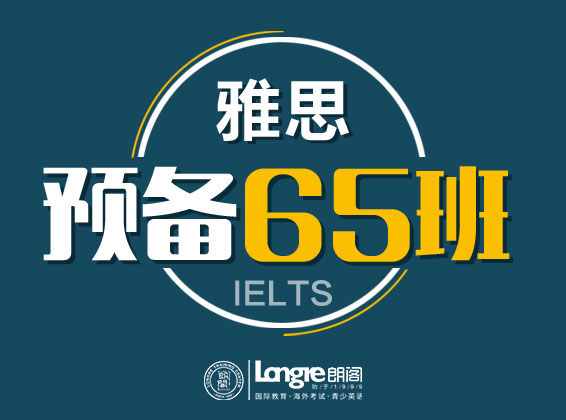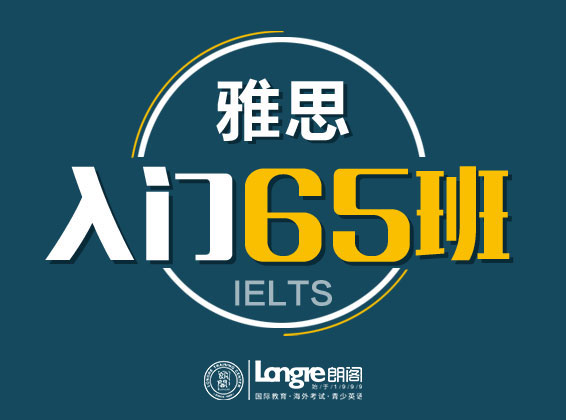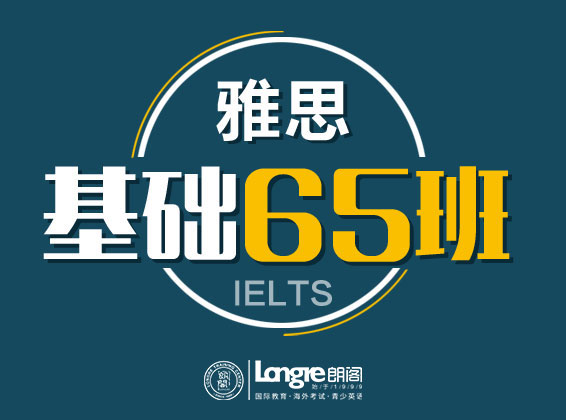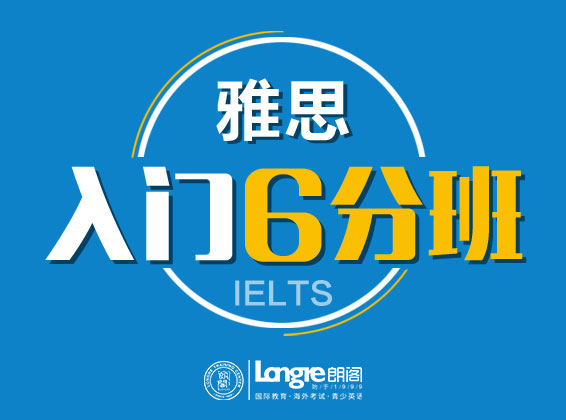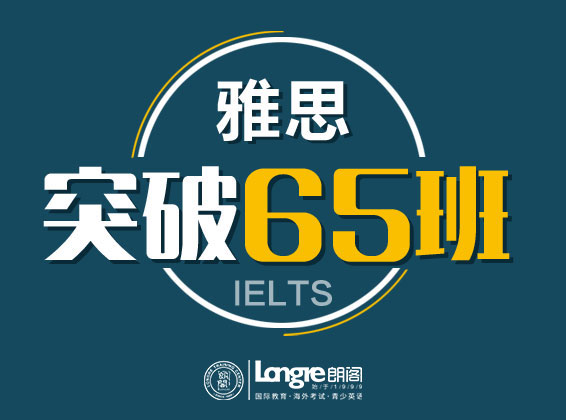|
P1 Multiple Intelligences教育学的多元智能理论(旧题) P2 A unique golden textile蜘蛛丝与纺织品(旧题) P3 The secrets of persuation营销劝导(旧题) 朗阁讲师樊天惠点评 1. 本次考试难度较难。 2. 整体分析:涉及心理类(P1)、科技类(P2)与经济教育类(P3) 3. 主要题型:相比于上场难到上热搜的阅读,11号的这场考生普遍表示行大运了。三篇文章都是旧题,总体难度不高。本次考试主要考填空题(18题),配对题(10题),判断题(8题)和单选题(4题)。 本次考试P2命中了我们上周预测的科技类话题,有关蜘蛛丝的工业品制造技术。同时在上场考试大量出现段落信息匹配后,本场考试LOH和判断题大量回归。三篇文章题型不难,定位容易。难点在于心理类话题文章专业术语较多。很多同学在时间紧迫的情况下,很难读懂并定位,做出相应的题目。 4. P1 Multiple Intelligences教育学的多元智能理论。 文章大意:心理学文章,主要介绍了教育的多元智能理论,包含智力量表。 题型搭配: 判断 4 + 填空 9 参考答案: 1. T 2. T 3. NG 4. F 5. discussions 6. recordings 7. observation skills 8. construction materials 9. emotions 10. collections 11. proficiency 12. failure 13. individual difference 原文待补充 5. P2 Unique golden textile 蜘蛛丝与纺织品 文章大意:文章讲述了golden spider是如何在体内把Liquid silk转化为solid silk的过程,文章中提到了一些科学家针对蜘蛛做的实验,如何提高capacity。在结尾两段讲述了关于spider silk的医学应用及市场的积极前景。 题型搭配:LOH 6 + 人名观点配对 4+ 句子填空4 参考答案 14. vii 15. v 16. ix 17. i 18. iv 19. vi 20. B 21. A 22. C 23. A 24. bacteria 25. gland 26. force 6. P3 The Secrets of Persuasion 文章大意:毛巾实验揭露说服的秘密,可以分为五类 题型搭配:单选题4 + 选词填空summary 5 + 判断 4 参考原文: A Cialdini’s towel experiments (more of them later), are part of his research into how we persuade others to say yes. He wants to know why some people have a knack for bending the will of others, is it a telephone cold-caller talking to you about timeshares, or a parent whose children are compliant even without threats of extreme violence. While he’s anxious not to be seen as the man who’s written the bible for snake-oil salesmen, for decades the Arizona State University social psychology professor has been creating systems for the principles and methods of persuasion, and writing bestsellers about them. Some people seem to be born with the skills, Cialdini’s claim is that by applying a little science, even those of us who aren't should be able to get our own way more often. “All my life I’ve been an easy mark for the blandishment of salespeople and fundraisers and I'd always wondered why they could get me to buy things I didn't want and give to causes I hadn't heard of”, says Cialdini, on the phone from London, where he is plugging his latest book. B He found that laboratory experiments on the psychology of persuasion were telling only part of the story, so he began to research influence in the real world, enrolling in sales-training programmes: “I learnt how to sell automobiles from a lot, how to sell insurance from an office, how to sell encyclopedias door to door”. He concluded there were six general “principles of influence” and has since put them to the test under slightly more scientific conditions. Most recently, that has meant messing about with towels. Many hotels leave a little card in each bathroom asking guests to reuse towels and thus conserve water and electricity and reduce pollution. Cialdini and his colleagues wanted to test the relative effectiveness of different words on those cards. Would guests be motivated to co-operate simply because it would help save the planet, or were other factors more compelling? To test this, the researchers changed the card’s message from an environmental one to the simple (and truthful) statement that the majority of guests at the hotel had reused their towel at least once. Guests given this message were 26% more likely to reuse their towels than those given the old message. C So much for towels. Cialdini has also learnt a lot from confectionery. Yes! Cites the work of New Jersey behavioural scientist David Strohmetz, who wanted to see how restaurant patrons would respond to a ridiculously small favour from their food server, in the form of an after-dinner chocolate for each diner. The secret, it seems, is in how you give the chocolate. When the chocolates arrived in a heap with the bill. tips went up a miserly 3% compared to when no chocolate was given. But when the chocolates were dropped individually in front of each diner, tips went up 14%. The scientific breakthrough, though, came when the waitress gave each diner one chocolate, headed away from the table then doubled back to give them one more each, as if such generosity had only just occurred to her. Tips went up 23%. This is “reciprocity” in action: we want to return favours done to us, often without bothering to calculate the relative value of what is being received and given. D Geeling Ng, operations manager at Aucldand’s Soul Bar, says she’s never heard of Kiwi waiting staff using such a cynical trick, not least because New Zealand tipping culture is so different from that of the US: “If you did that in New Zealand, as diners were leaving they’d say can we have some more?” But she certainly understands the general principle of reciprocity. The way to a diner’s heart is “to give them something they’re not expecting in the way of service”. It might be something as small as leaving a mint on their plate, or it might be remembering that last time they were in they wanted their water with no ice and no lemon. “In America it would translate into an instant tip. In New Zealand it translates into a huge smile and thank you.” And no doubt, return visits. PRINCIPLES OF PERSUASION E Reciprocity: People want to give back to those who have given to them. The trick here is to get in first. That’s why charities put a crummy pen inside a mail out, and why smiling women in supermarkets hand out dollops of free food. Scarcity: People want more of things they can have less of. Advertisers ruthlessly exploit scarcity ( “limit four per customer”, “sale must end soon”), and Cialdini suggests parents do too: “Kids want things that are less available, so say ‘this is an unusual opportunity, you can only have this for a certain time’.” Authority: We trust people who know what they’re talking about. So inform people honestly of your credentials before you set out to influence them. “You’d be surprised how many people fail to do that,” says Cialdini. “They feel it’s impolite to talk about their expertise.” In one study, therapists whose patients wouldn’t do their exercises were advised to display their qualification certificates Prominently. They did, and experienced an immediate leap in patient compliance. Commitment/consistency: We want to act in a way that is consistent with the commitments we have already made. Exploit this to get a higher sign-up rate when soliciting charitable donations. First ask workmates if they think they will sponsor you on your egg-and-spoon marathon. Latex return with the sponsorship form to those who said yes and remind them of their earlier commitment. Liking:We say yes more often to people we like. Obvious enough, but reasons for “liking” can be weird. In one study, people were sent survey forms and asked to return them to a named researcher. When the researcher gave a fake name resembling that of the subject (e. g, Cynthia Johnson is sent a survey by “Cindy Johansen”), surveys were twice as likely to be completed. We favour people who resemble us, even if the resemblance is as minor as the sound of their name. Social proof: “We decide what to do by looking around to see what others just like us are doing. Useful for parents, says Cialdini. “Find groups of children who are behaving in a way that you would like your child to, because the child looks to the side, rather than at you.” More perniciously, social proof is the force underpinning the competitive materialism of “keeping up with the Joneses”. 参考答案待补充 考试预测 1. 5月的第二场考试难度不大,乱序题型不多,填空判断占大头。下场考试对于填空题和判断题的考察大概率与本场考试持平。本场考察了LOH题型,LOH在上场考试中未出现。想取得高分的同学必须要需要重点关注段落信息匹配题型,该题型在本场考试中未出现,但是是雅思考试近年来的考察重点,需要提高重视,配合剑桥系列真题多做练习。选择题在本月的两场考试中都有出现,在备考的同学也要关注。 2. 下场考试的话题可能有关生物类、科技类,历史类等。 3. 重点浏览13-16年机经。 (责任编辑:jasmine) |
文中图片素材来源网络,如有侵权请联系删除


